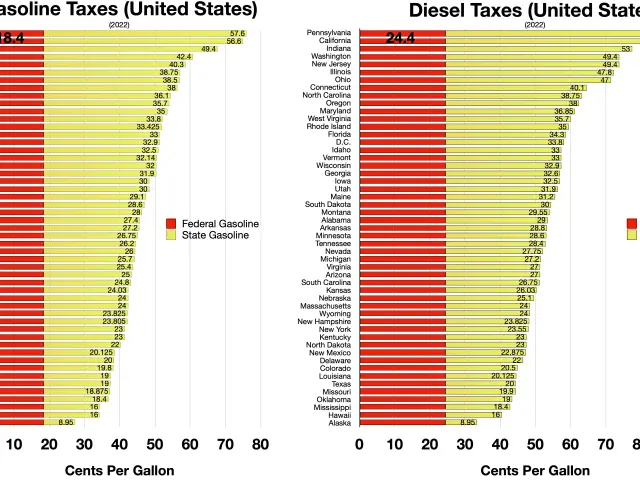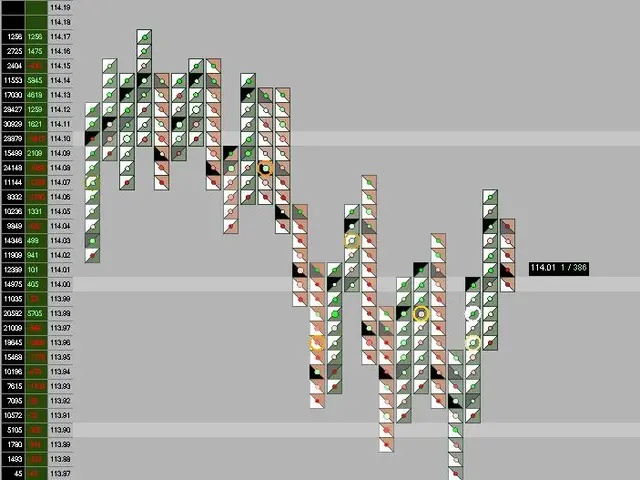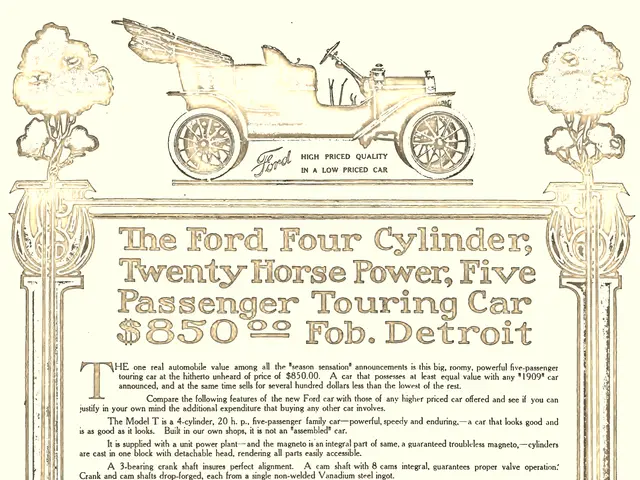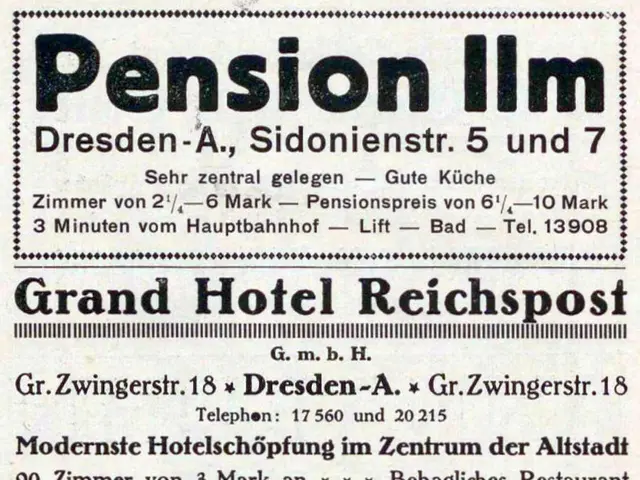Türkiye Slashes Import Tariffs on Vehicles: Chinese Automakers Gain, Local Industry and Environment Face Challenges
Türkiye has slashed import tariffs on vehicles from non-EU and non-FTA countries, a move that could boost Chinese automakers but pose challenges to local manufacturers and environmental goals.
The new customs standards cut the tax burden on Chinese imports from 60 percent to 35 percent. This reduction allows Chinese automakers to offer more affordable vehicles, with price cuts of up to 300,000 Turkish Liras. Consumers are set to benefit from these price reductions, with access to smaller, more economical models.
However, this decision runs counter to Türkiye's stated goals of reducing its current account deficit and supporting local investments. Local manufacturers like Toyota, Fiat, and Renault may face increased competition from cheaper Chinese imports. Moreover, the focus on gasoline and diesel models by Chinese brands could raise carbon emissions in the country, as importing electric vehicles from outside the EU and FTA countries remains restricted.
The reduced tariff also signals a renewed push by Chinese automakers to regain lost ground in the Turkish market. While no specific brands have yet announced increased investments due to the changed customs standards, Chinese manufacturer BYD is considering a new vehicle production facility in Turkey.
The reduced tariff on Chinese vehicle imports has sparked both consumer benefits and concerns. While consumers enjoy more affordable options, local manufacturers face stiffer competition, and environmental goals may be impacted. The long-term effects on the Turkish automotive market and its current account deficit remain to be seen.
Read also:
- Trump administration faces lawsuit by Denmark's Ørsted over halted wind farm project
- Police station transfer ceremony in Horb am Neckar
- Unchecked Management of HP Dams Leads to Environmental Disaster: RTI Reveals
- Rapid advancements in automotive policies worldwide fuel transition towards electric vehicles








